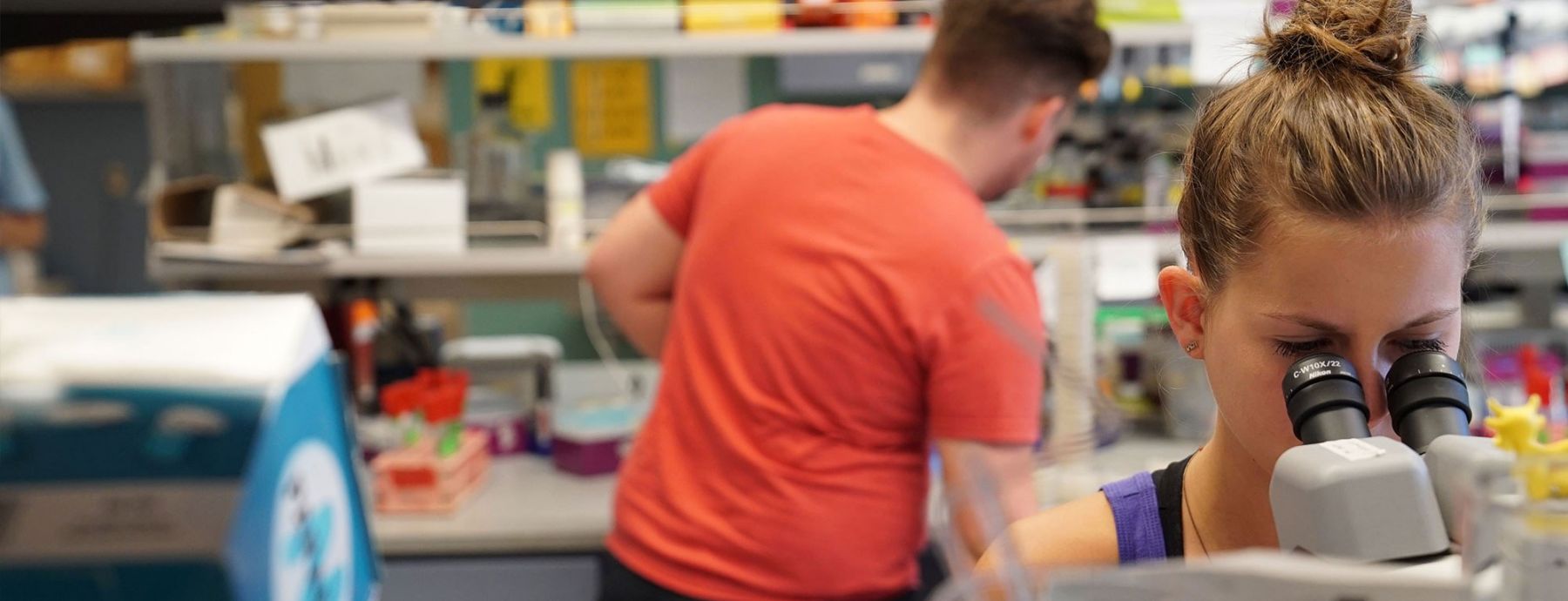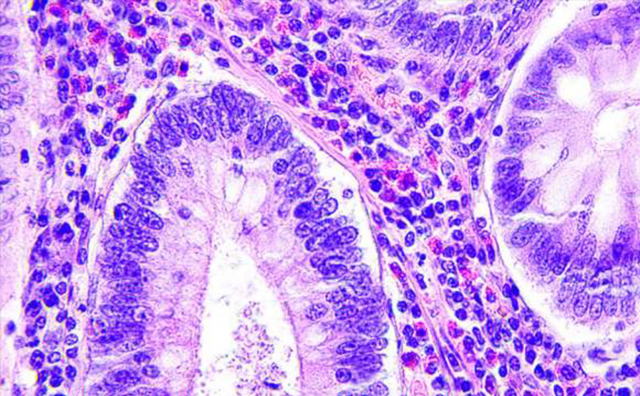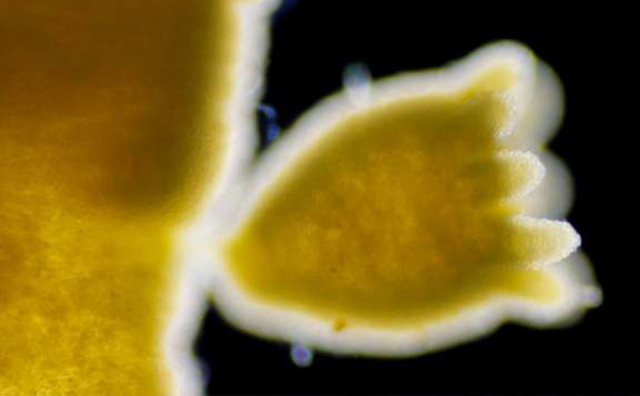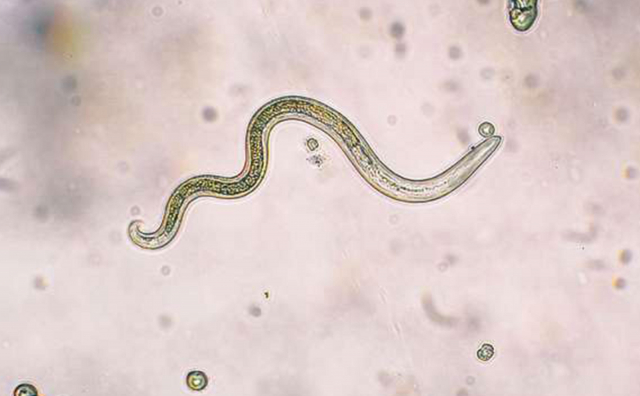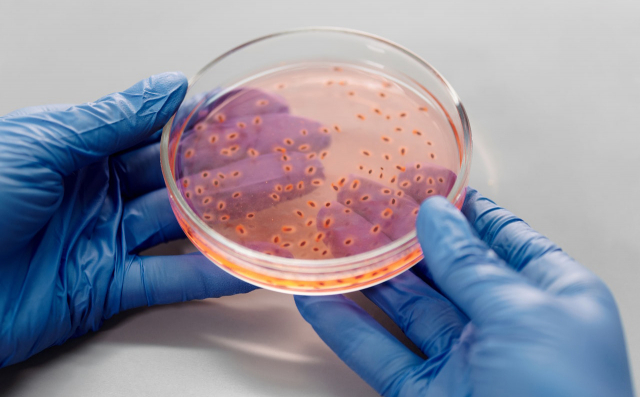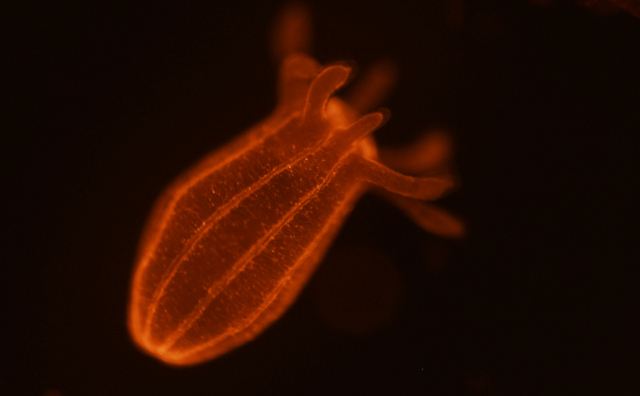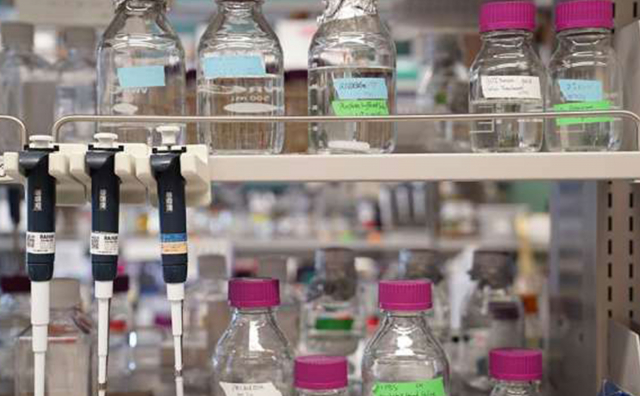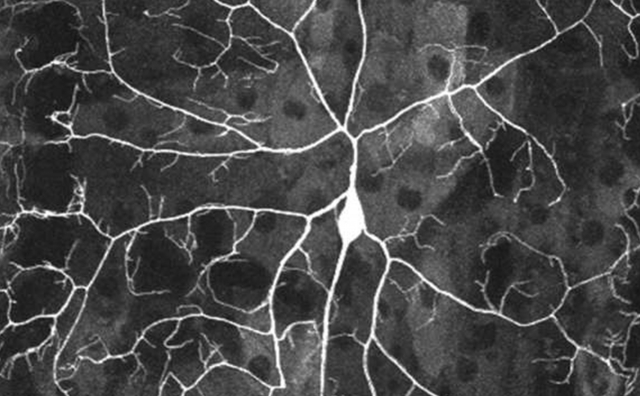The Molecular, Cellular, and Integrative Biosciences (MCIBS) Graduate Program is composed of more than 120 faculty members from six colleges and 15 basic science departments across the University Park campus. The program provides rigorous and in-depth training across a wide range of fields in the biological sciences. Students and faculty members work alongside each other to understand normal and disease processes at the molecular, cellular, and organismal levels.
Students entering the MCIBS program take a common set of courses during their first semester, while doing three research rotations in labs of their choice. At the end of the first semester, students choose a thesis lab and emphasis area. During the second semester, they take one more course together while also beginning to branch out into courses within their emphasis areas. Students also begin to shape their thesis projects during the second semester.
Courses help lay the foundation for subsequent research training. Students must produce a body of work in their thesis lab and demonstrate the ability to think critically and to design experiments. As students progress in their scientific training, they demonstrate these skills in two exams: the candidacy exam and comprehensive exam. The thesis and defense are the culmination of the Ph.D. training and showcase the work the student has accomplished.
- Support is guaranteed, and additional internal and training grant awards are available
- Over $500 million federal research dollars come to faculty at Penn State each year
- MCIBS has over 120 faculty
- Students have access to cutting edge tools and facilities to advance their research
